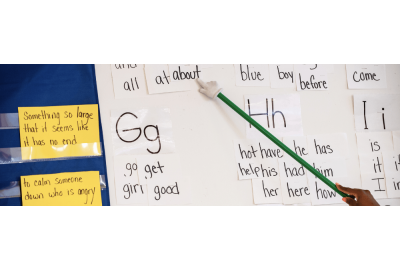Adaptive behavior assessments, such as the ABAS®-3, capture essential data on conceptual, social, and practical skills for diagnostic and educational evaluations. In a neurodiversity affirming framework, these measures support strength-based goal setting, intervention planning, and individualized supports across settings.
Reading Specialist
-
Discover a real-life case example showcasing how the TOD®-C assessment played a pivotal role in diagnosing dyslexia in an adult patient, leading to essential accommodations for career advancement. Explore the comprehensive recommendations and strategies that helped this individual achieve their professional goals, shedding light on the transformative potential of the TOD-C in identifying adult dyslexia.
-
Essential guidance for educators and professionals dealing with dyslexia evaluations in English learners (ELs) offering a comprehensive list of questions and evidence-based advice to distinguish between language acquisition challenges and dyslexia, emphasizing the importance of considering linguistic and cultural factors in the assessment process.
-
Dyslexia is a specific learning disorder that causes reading difficulties. Despite that simple definition, this developmental condition is heterogenous: It can look different from person to person. Given dyslexia’s variations, how can you ensure that an assessment will identify the condition in the particular student you’re evaluating?
-
Thorough dyslexia evaluations are notoriously complex, largely because so many skills must meld to make a good reader, and because dyslexia can be caused by a variety of developmental differences (Sanfilippo et al., 2020).
Once a screener identifies an at-risk student, the hard work really begins. Here’s what studies show are some of the most common shortfalls educators experience when assessing for dyslexia.












